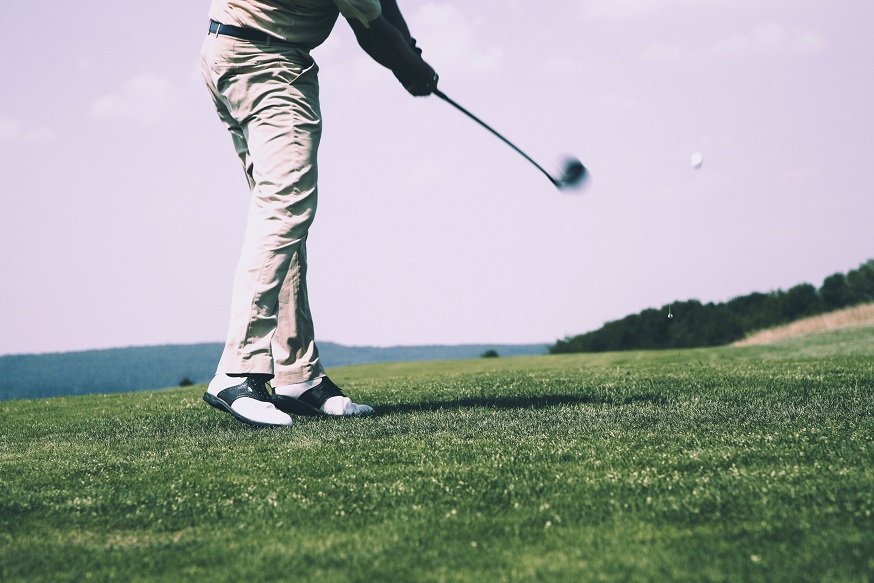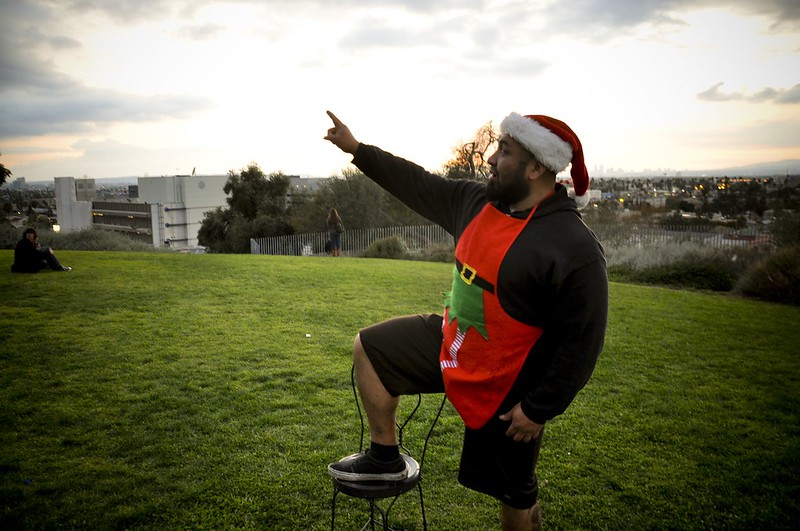Since trying to get back into the swing of things too soon after an accident could harm your case, it’s just not worth it.
Any lawyer will tell you that playing it cool during a personal injury case is of the utmost importance for plaintiffs. But what does this mean, and what might happen if you just can’t keep your cool?
If you’re in the process of a personal injury case and engage in activity that contradicts your claim, your recovery could be in jeopardy. For example, if, in your lawsuit, you claimed that your injuries have impacted your quality of life because you can no longer engage in activities you once enjoyed, like running, and then you ran a race, the fact that you participated in that activity could be indicative of the fact that your injuries are not as serious as you claimed.
Because of this, it is important to not try to push your limits when physically recovering from an injury and proceeding with a personal injury lawsuit. Furthermore, do your best to keep your cool during settlement negotiations and all other processes related to your claim so that you do not unintentionally jeopardize your financial recovery.
Why Breaking a Sweat During Your Personal Injury Case Isn’t Worth It
If you filed a lawsuit based on injury and then you acted in ways a person with your injuries couldn’t or shouldn’t act, you could harm your claim. In order to avoid such situations to the best of your ability, enlisting help from an experienced Philadelphia personal injury attorney will be important. Your lawyer can help keep you from speaking or acting in ways that could be used against you in your fight for compensation.
Suppose sustained a back injury in a car accident caused by a negligent driver. Depending on the severity of your injury, it could prevent you from engaging in tasks you once enjoyed, reducing your quality of life. The injury could also result in expensive medical bills that require compensation.
If in the coming days or weeks after your injury, you decided to engage in physical activity that could worsen the injury, you could harm your claim. This kind of activity is even worse if it could be viewed as proof that the injury doesn’t even exist For example, if you decided to go skiing a week after the accident that supposedly injured your back, it could appear as though your injuries are not severe as you say that are, or that they simply do not exist.
Take a recent case in Ireland for example. A woman who had filed an insurance claim for disabling injuries after her car accident, claiming she couldn’t even play with her children anymore. Then she was photographed competing in and winning a Christmas tree-throwing competition. This ultimately led to her compensation being denied after these photos disproved her disability.

Despite this case happening an ocean away, this example highlights how photos of a plaintiff engaging in demanding physical activity could be used as evidence against them, possibly even killing their case.
Watching What You Say During Your Personal Injury Case
Playing it cool throughout your personal injury claim does not just refer to the physical activity you partake in. In fact, victims might be more likely to jeopardize their recoveries by misspeaking rather than engaging in certain physical activities.
For example, immediately after an accident takes place, a victim might apologize for the incident without thinking about the implications of doing so. Even something as simple as saying you are sorry could be construed as you accepting blame for the accident, which could harm your case. Many states have comparative negligence laws that lower victim’s damages when they share liability for their injuries.
Furthermore, when making statements about the accident to law enforcement officers, it is important to be honest and accurate. If you make further statements that contradict your original statement, your claim could be in jeopardy. Remaining cool, calm, and collected throughout the duration of your claim will be important, as losing your temper or trying to argue during settlement negotiations or hearings could weaken your case.
Watching What You Do During Your Personal Injury Case
Taking the proper steps immediately after an accident is important. If you are physically injured, go to the hospital. This will result in medical records that your lawyer can use as evidence in your lawsuit. If your injuries require further care, make sure you receive it.
If you do not and instead engage in physical activity that should be avoided because of your injuries, and that activity is documented, your case could be in jeopardy.
Your main focus following an accident should be documenting your medical treatment and resting to help give yourself a chance to heal and recover. Do not allow for any gaps in your care, as they could be used against you in your case. Follow all requirements of your treatment plan, and do not engage in any activity that could potentially worsen your injuries. In fact, injury victims have a duty to mitigate damages, meaning you have to let yourself heal and not just maintain the status quo with your injury.
Lastly, make sure you collect all bills and invoices related to the accident so that you can submit proof of damages in your case.
Although you might be eager to get back to your normal day-to-day tasks and activities, don’t test your limits. Take things easy, listen to the advice doctors give you, and look at it as your opportunity to sit back and relax while your lawyer prioritizes your financial recovery. Since trying to get back into the swing of things too soon after an accident could harm your case, it’s just not worth it.


Join the conversation!